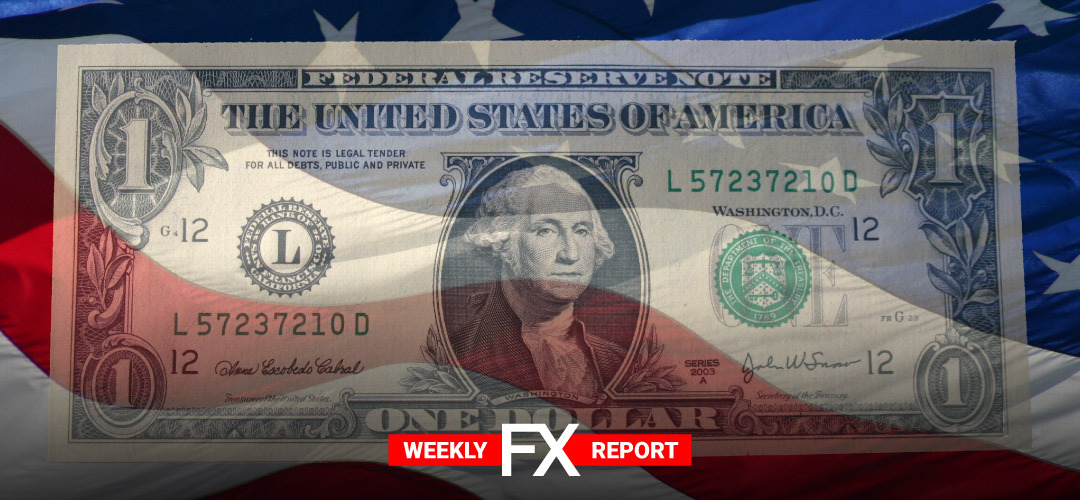Later this week investors will focus on last Fed meeting before the Nov. 3 U.S. presidential elections, waiting for clues from the new economic projections.
New economic projections will offer the first, longer-term glimpse, through 2023, of how Fed officials think their new approach will work in practice. Also, there may be an answer to how fast they think the job market can recover.
Friday marked six months since the World Health Organization (WHO) declared the coronavirus a pandemic on March 11. Since then, major global economies have slipped into recession and millions have lost their jobs. Also, central banks around the world launched an unprecedented stimulus.
Japan’s Chief Cabinet Secretary Yoshihide Suga won a landslide victory in a ruling party leadership election. This win paved the way for him to succeed Prime Minister Shinzo Abe.
The European Union and China signed a deal on Monday to protect each other’s exported food and drinks items. Challenging issues including trade, climate change and human rights will be discussed at an online summit.
At a press conference on Thursday, ECB President Christine Lagarde said the bank is not targeting exchange rates. She also struck a less dovish tone on the Eurozone economy, as the ECB lifted its growth forecast for 2020. On Friday, however, ECB policymakers warned against complacency over low inflation and highlighted risks from a strong euro.
On the Brexit front, investors are waiting for a key Brexit vote. Johnson’s decision to explicitly break international law has plunged Brexit back into crisis. In less than four months Britain is finally due to leave the EU’s orbit. Britain’s lower house of parliament starts debating the bill on Monday.
START TRADINGLQDFXperts – Last Fed meeting before the US elections
The euro posted a second straight week of losses, with the dollar index showing the second week of gains. Investors encouraged to push it higher after the ECB showed no sign of stemming the single currency’s appreciation. Since around mid-June, the euro has risen more than 6% versus the dollar. The US dollar has shown some improvement recently, but the euro remains at high levels. The pair’s direction could depend on how investors respond to the Federal Reserve rate announcement on Wednesday.
GBP/USD plunged 3.6% last week, its worst weekly showing since March. As the Brexit saga intensifies, sterling posted its worst weekly performance versus the dollar in six months. Investors grew more pessimistic about the chances of a Brexit deal being reached before the December 2020 deadline. News that Britain had struck its first post-Brexit trade deal with Japan failed to give a lasting boost to the currency.
Dollar/yen was range-bound throughout the week and ended the week unchanged. The highlight this week will be the Bank of Japan rate decision. Also, Yen looks to politics as Suga set to succeed Abe. Sentiment towards the US dollar has increased and this could translate into gains for USD/JPY this week.
AUD/USD displayed some volatility during the week but ended the week unchanged. A healthier greenback could mean a bumpy road for risk currencies like the Aussie. The US dollar is showing signs of recovery. Investors may have decided to take a break from the honeymoon with minor currencies like the Aussie.
The Canadian dollar had its first losing week since July, as USD/CAD gained close to one per cent. As expected, the Bank of Canada held rates at 0.25%. The US dollar enjoyed broad gains last week, after a prolonged period of weakness. The greenback could continue the upswing next week.
A host of central bank meetings this week
Investors look ahead to an event-packed week including the last Fed meeting before the US elections and the appointment of a new Japanese premier.
- On Monday (14.09) a UK parliamentary debate on the Internal Market Bill will take place. After the debate, lawmakers will vote to decide if it should go to the next stage.
- The U.S. Federal Reserve this week holds a two-day policy meeting. This one is the first since Chairman Powell unveiled a policy shift towards greater inflation tolerance. Investors expect FED to hold rates while elaborating on an earlier announcement of a shift to inflation targeting. Fed’s meeting will take place on Tuesday (15.09) and Wednesday (16.09).
- The Bank of Japan and the Bank of England will announce their respective policy decisions on Thursday (17.09). The Bank of Japan’s meeting will not probably yield any policy changes. But it may be quizzed on whether it could follow the Fed’s inflation stance. No policy change is expected in Britain as well. Still, the BoE may flag extending its bond-buying to help an economy reeling from COVID-19 and Brexit.
Follow this week’s economic calendar.
PLEASE NOTE The information above is not investment advice.
Sources: Reuters, CNBC, BBC, The Guardian
